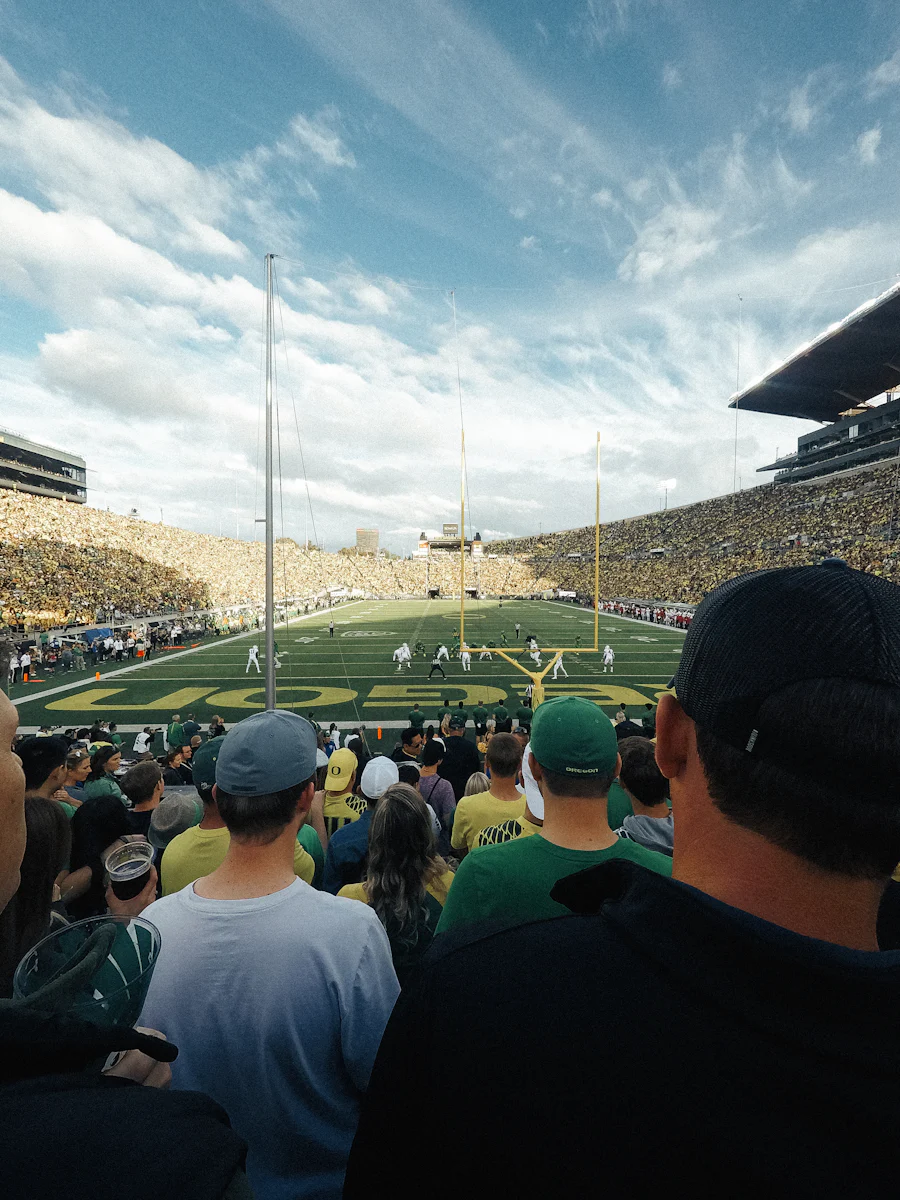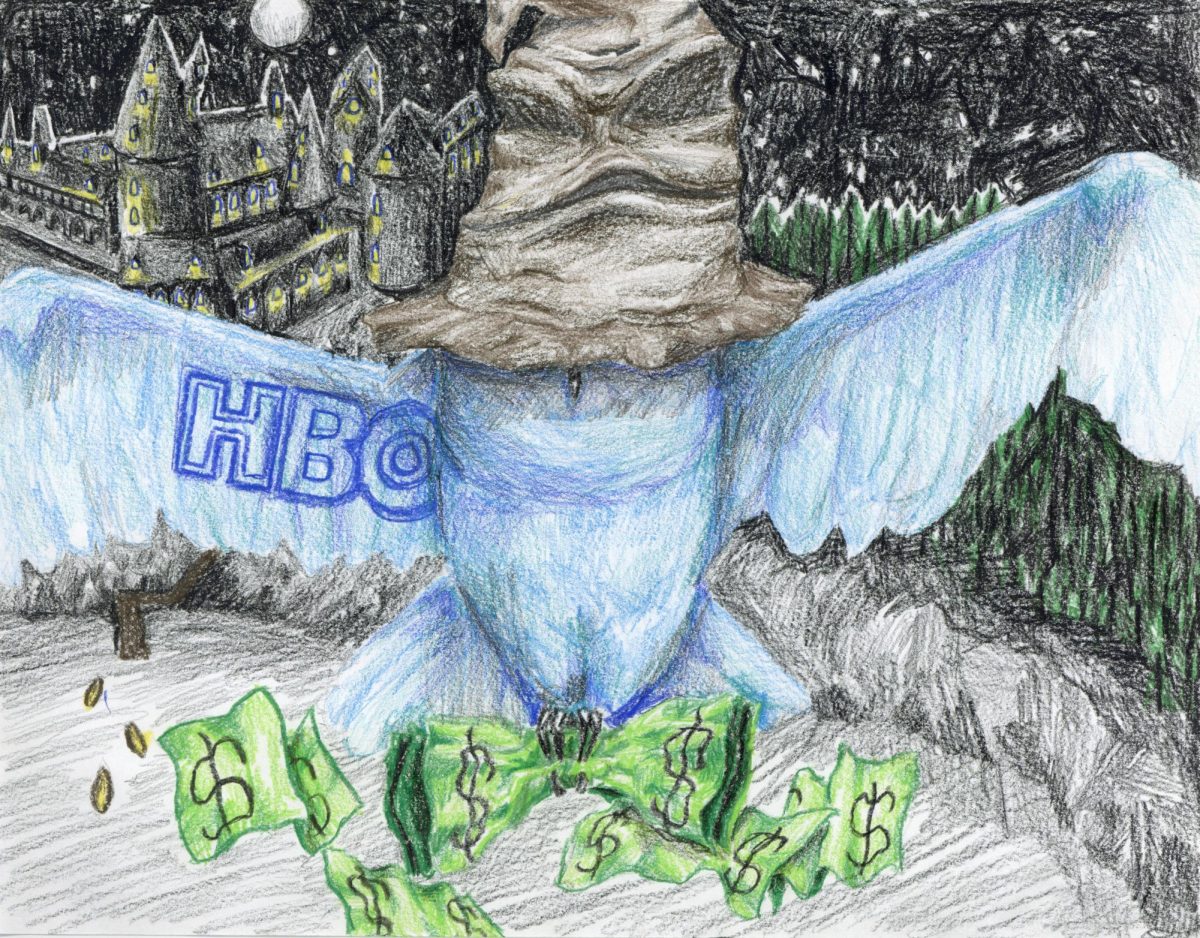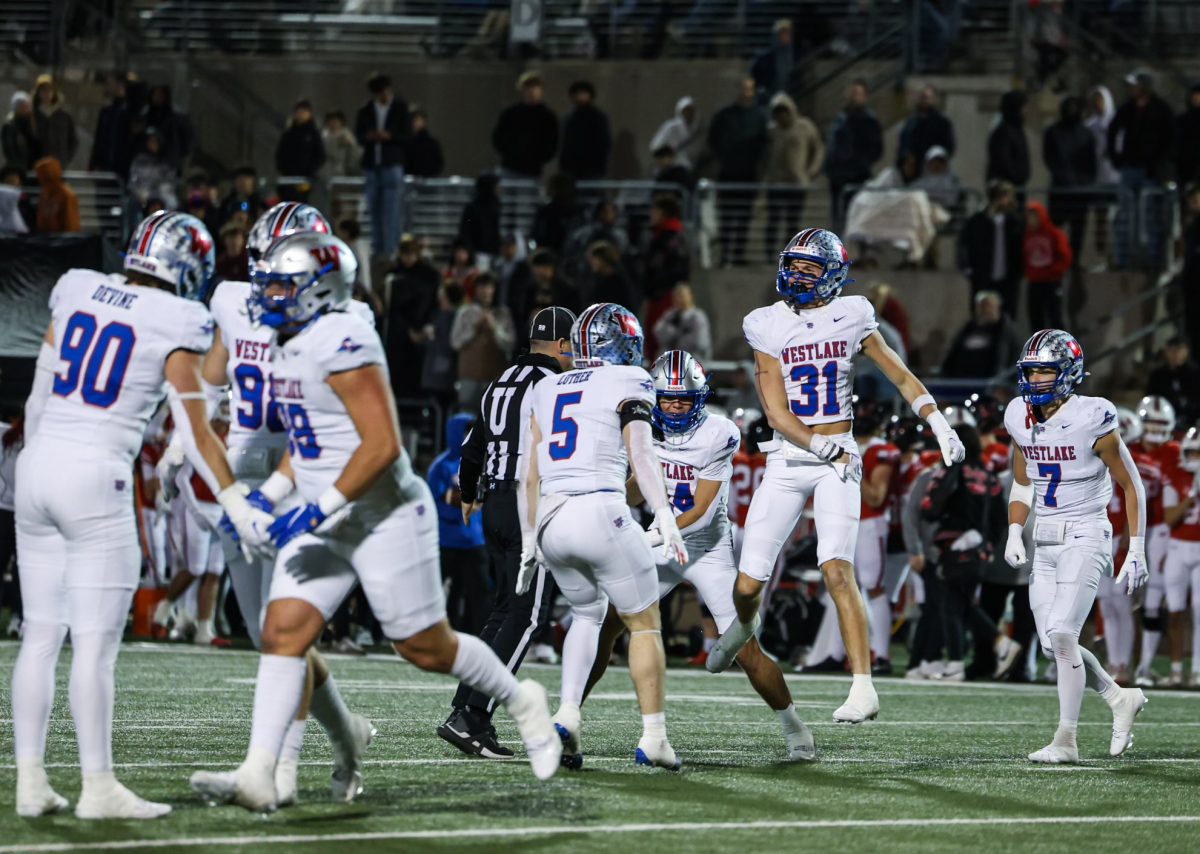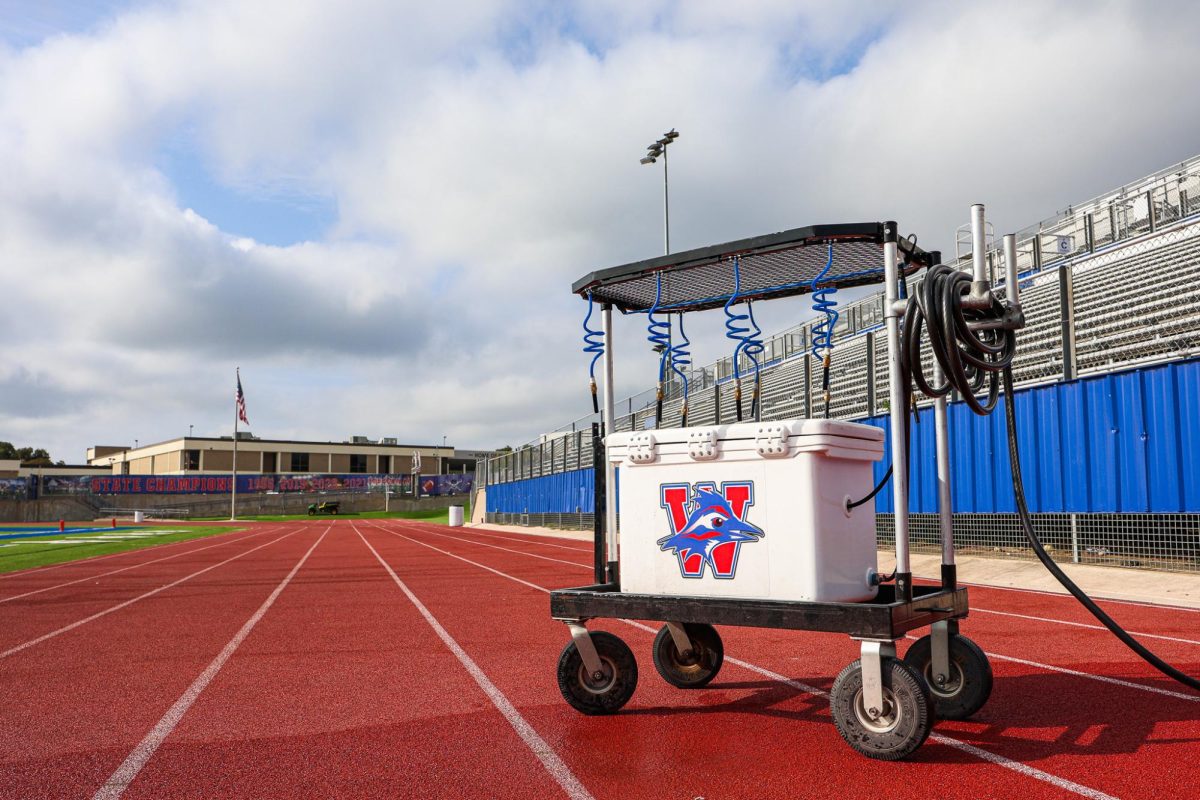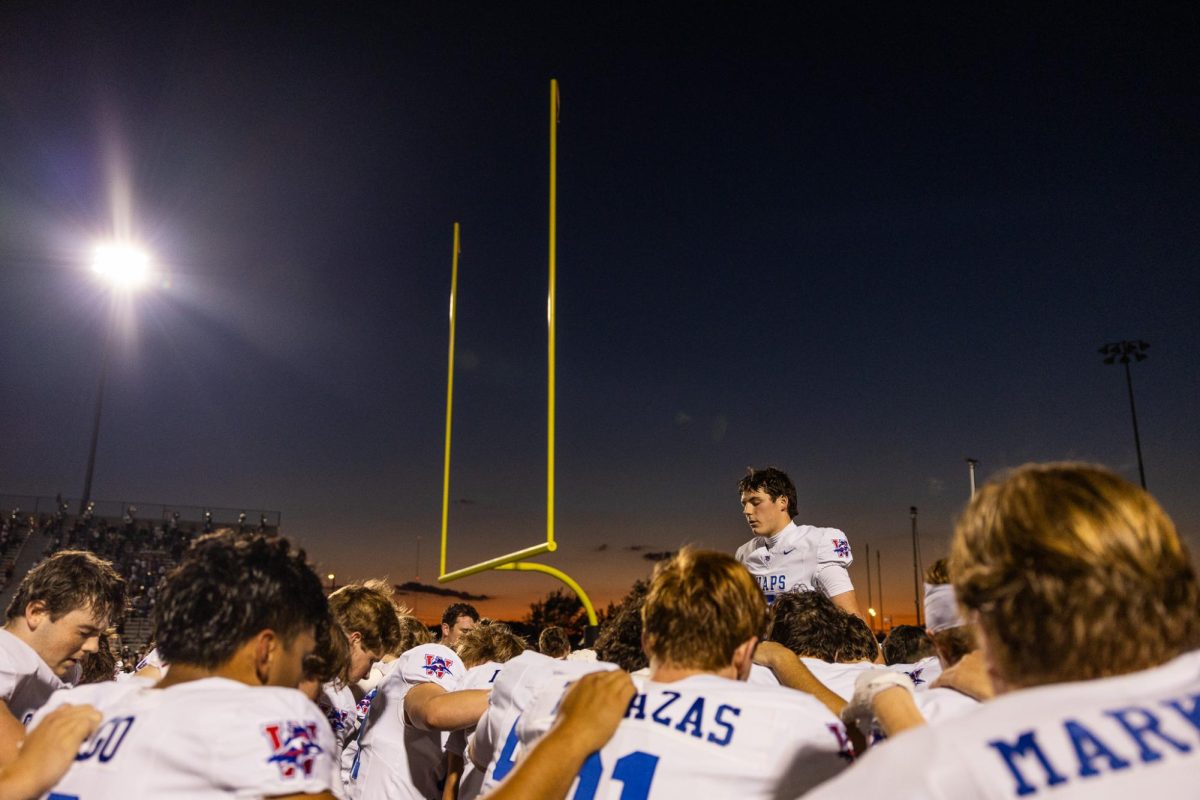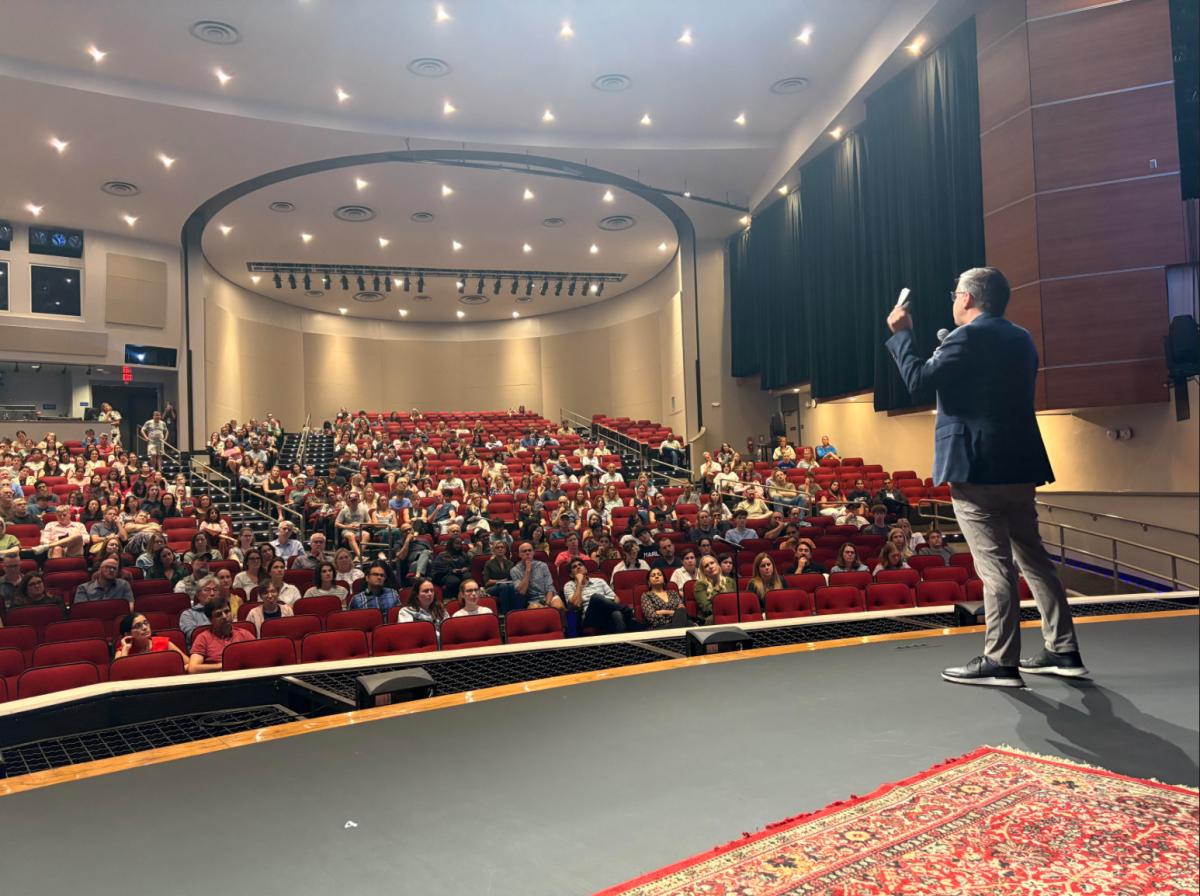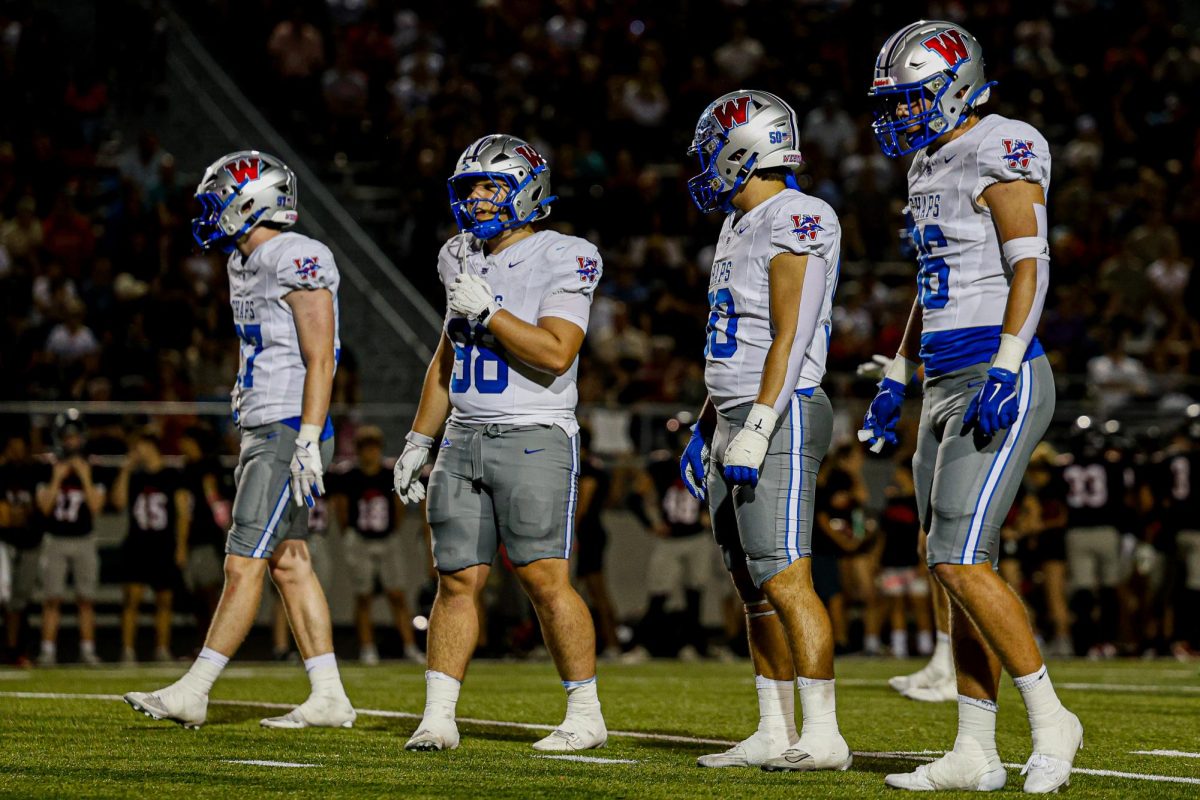When the NCAA made it legal for collegiate athletes to profit off of their name, image and likeness, it opened the door for so many ways for players to earn money while playing in college. Colleges quickly and wrongfully took advantage of this and practically offered high school seniors upwards of millions of dollars if they were to commit to their school.
May 23, 2024, the four biggest conferences, otherwise known as the power 4 conferences and the NCAA came to an agreement to allow colleges to pay players out of pocket on May 23,. This ended over 100 years of it being against the rules to pay players. The NCAA is paying nearly $3 billion dollars in damages to current and former players to settle antitrust claims from punishing players who may have taken under the table money.
College sports was built on the fact that everyone playing was a student athlete, with teams being able to spend money on players now, it gets rid of the amatuer and less professional feel of the game. Many student-athletes will have much less of an incentive to leave school for the NFL for the sole purpose of making more guaranteed money, when their incentive should be to be a student first, and athlete second.
College athletes used to aim to go to their dream college, whether it’s their closest state school, a school they grew up rooting for or if there was a coach they wanted to play under. With the current status of players being able to transfer anywhere, and the future status of college athletes making a salary, colleges will lose out on many players who would rather go to whichever school has the biggest paycheck with their name on it.
With the new rule in place, teams outside of the main power 4 conferences will not have the luxury of paying players like the teams within them. In the case of college football, this will cause a bigger skill gap between the higher and lower level FBS teams than there already was.
This hurts the fanbase, environment and ruins what fans love most about college football, the unpredictability of it. There have been so many non power four/five schools to make a run during the year and prove themselves on the big stage. In just the last five years teams like the University of Central Florida, Liberty and Cincinnati all finished the year ranked highly, being able to compete with the Alabamas and Georgias of the world. With this rule now in place, it will be nearly impossible for any team to do that.
If the NCAA continues to implement new financial rules that almost only benefit the top dogs, expect the same thing year after year with little to no change. The big teams will only get bigger and better, while any small market team will get smaller and worse.

